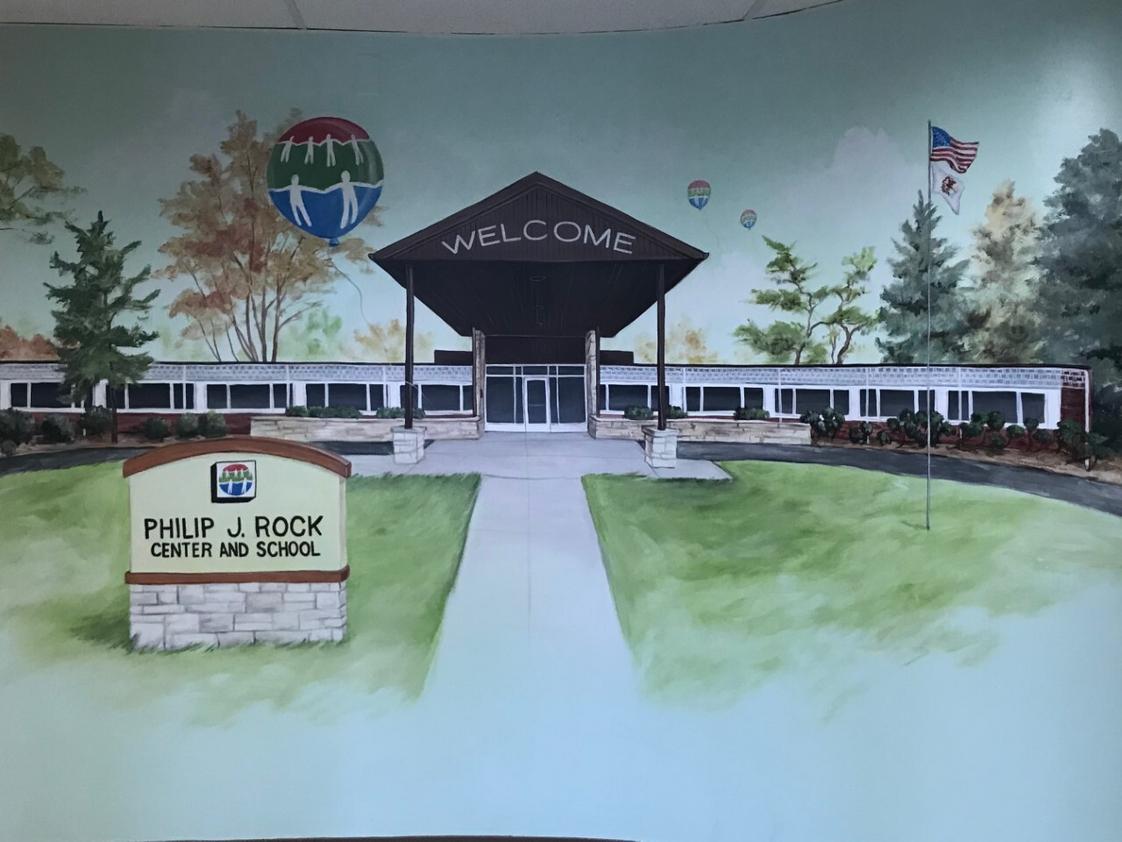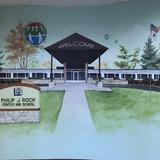Quick Stats (2025)
- School Type: Special education school
- Source: National Center for Education Statistics (NCES), IL Dept. of Education
School Overview
The teacher population of 4 teachers has grown by 33% over five school years.
School Type
Grades Offered
n/a
Total Students (19-20)
7 students
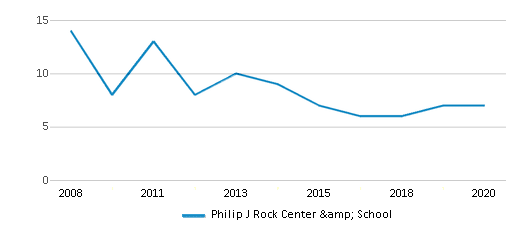
Total Classroom Teachers
4 teachers
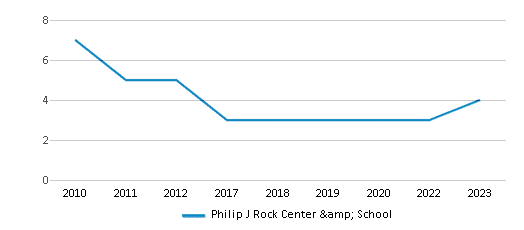
School Rankings
Student : Teacher Ratio
n/a
13:1
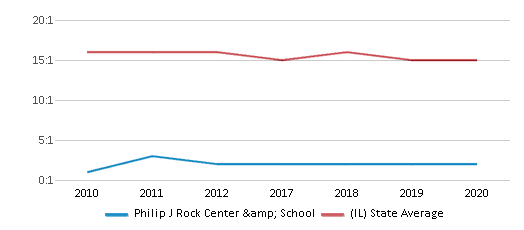
American Indian
(19-20)n/a
n/a
Asian
(19-20)15%
5%
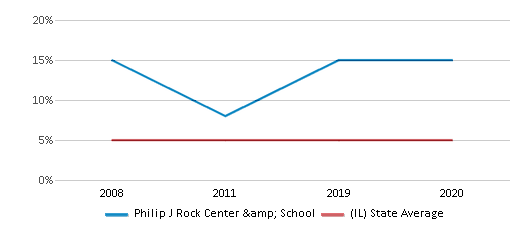
Hispanic
(19-20)14%
26%
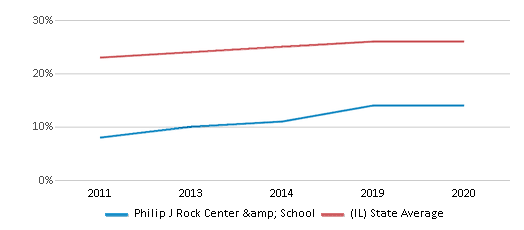
Black
(19-20)14%
17%
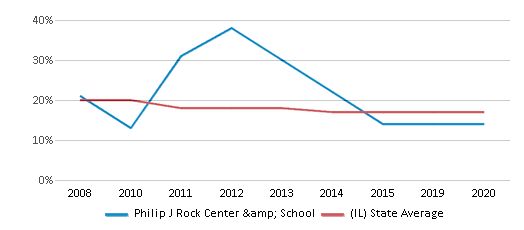
White
(19-20)57%
48%
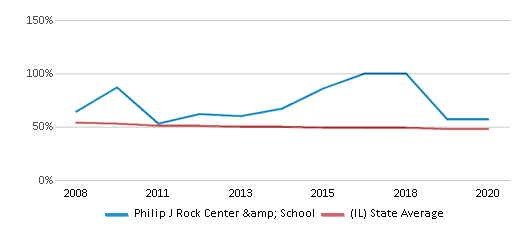
Hawaiian
(19-20)n/a
n/a
Two or more races
(19-20)n/a
4%
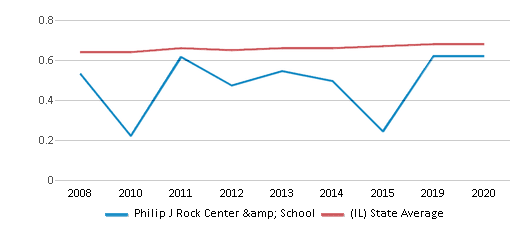
Eligible for Free Lunch (19-20)
57%
47%
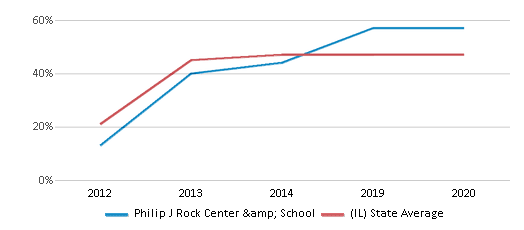
Eligible for Reduced Lunch (11-12)
25%
27%
School Statewide Testing
School District Name
Source: National Center for Education Statistics (NCES), IL Dept. of Education
School Notes
- The Philip J. Rock Center and School is more than a facility; it is an extended family to parents and their children who live with both hearing and vision disabilities. Our devoted staff accompany the kids throughout the day, constantly working toward the goal of helping each student live as independently as possible according to their personal abilities. The shared vision of "Together for Independence" makes this a reality.
Profile last updated: 02/09/2025
Frequently Asked Questions
What schools are Philip J Rock Center & School often compared to?
Philip J Rock Center & Schoolis often viewed alongside schools like Project Challenge by visitors of our site.
How many students attend Philip J Rock Center & School?
7 students attend Philip J Rock Center & School.
What is the racial composition of the student body?
57% of Philip J Rock Center & School students are White, 15% of students are Asian, 14% of students are Hispanic, and 14% of students are Black.
What school district is Philip J Rock Center & School part of?
Philip J Rock Center & School is part of Philip J Rock Center And School District.
School Reviews
Review Philip J Rock Center & School. Reviews should be a few sentences in length. Please include any comments on:
- Quality of academic programs, teachers, and facilities
- Availability of music, art, sports and other extracurricular activities
Recent Articles

What Is A Charter School?
Explore the world of charter schools in this comprehensive guide. Learn about their history, how they operate, and the pros and cons of this educational innovation. Discover key facts about charter schools, including admission policies, demographics, and funding, as well as what to look for when considering a charter school for your child.

10 Reasons Why High School Sports Benefit Students
Discover the 10 compelling reasons why high school sports are beneficial for students. This comprehensive article explores how athletics enhance academic performance, foster personal growth, and develop crucial life skills. From improved fitness and time management to leadership development and community representation, learn why participating in high school sports can be a game-changer for students' overall success and well-being.

February 05, 2025
Understanding the U.S. Department of Education: Structure, Impact, and EvolutionWe explore how the Department of Education shapes American education, from its cabinet-level leadership to its impact on millions of students, written for general audiences seeking clarity on this vital institution.


